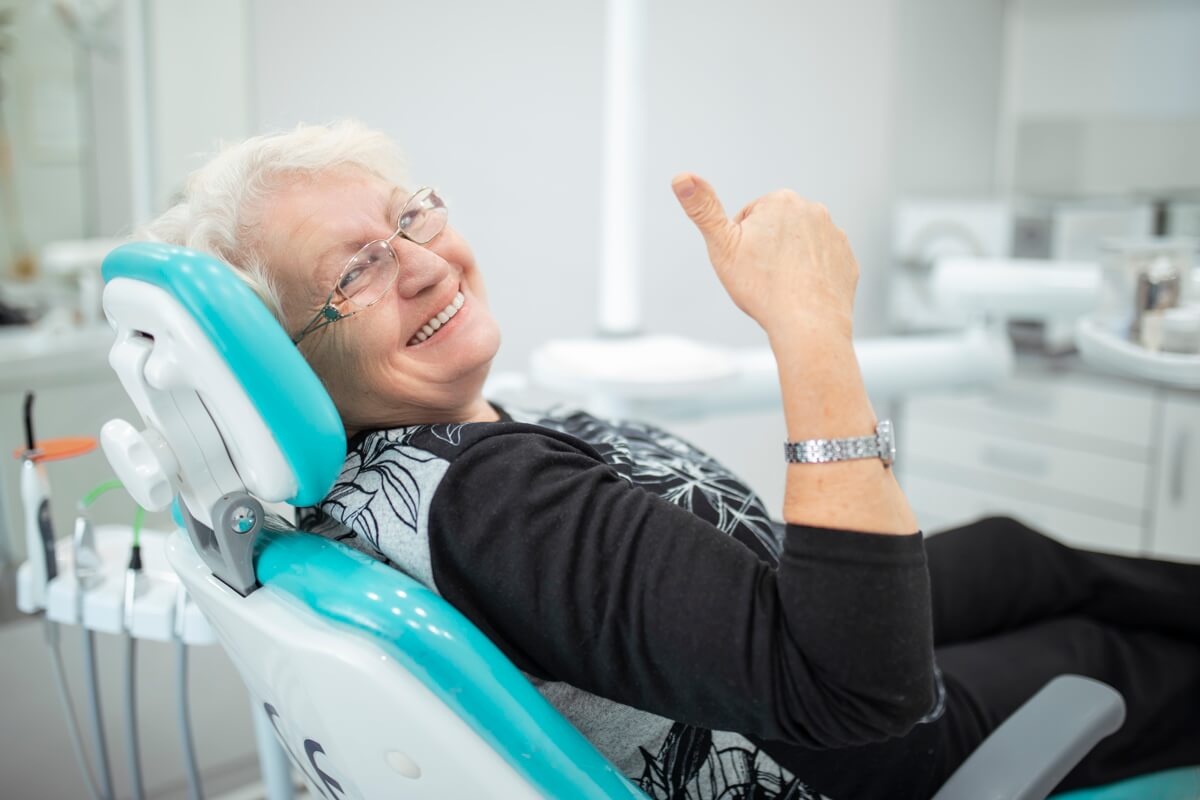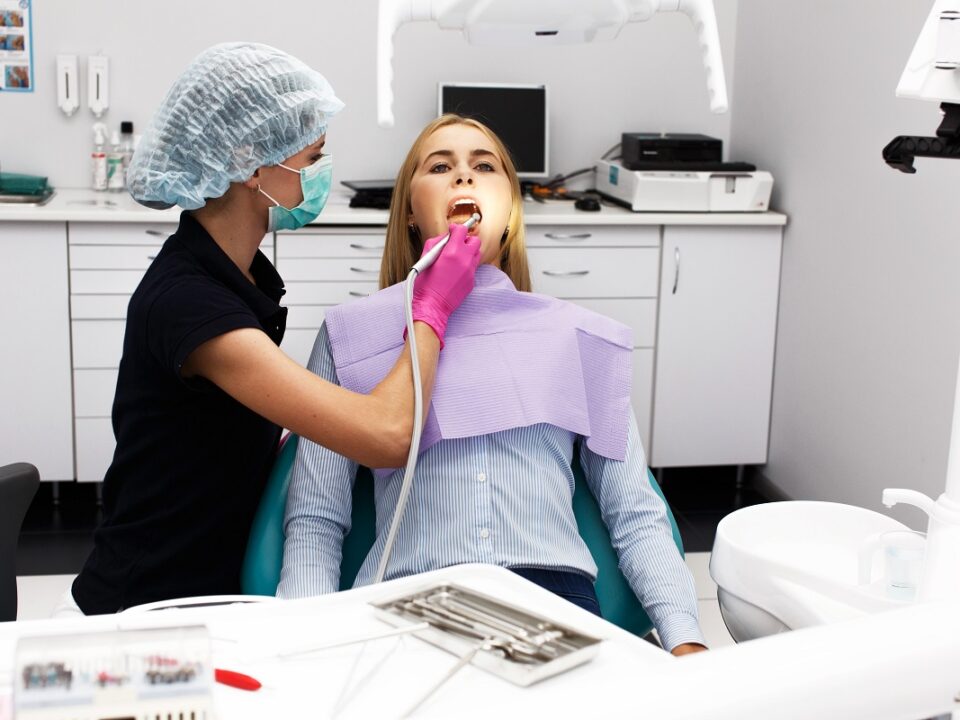
How long do dental implants last?
May 22, 2023
3D Printing in Dentistry Is Revolutionizing Dental Care!
March 20, 2025How Long Does Wisdom Teeth Removal Take?
Wisdom teeth removal is a common preventative measure. It helps protect your other teeth from possible misalignment and can save you from needing other procedures later on. They are molars that come in later on in life which makes it obvious they are not imperative to successfully performing typical or necessary activities with your mouth. Wisdom teeth removal is a fast procedure and you can go back to daily activities in just a few days. The full recovery is also fairly quick. These usually come in between the ages of 17 and 21. There are also cases of people who just don’t have them.
How Long Will Wisdom Teeth Removal Take?
Wisdom teeth removal can take as short a time as 20 minutes. Depending on the state of the tooth, its roots, how the teeth around it are placed and other such factors the procedure could take much longer. One thing that might cause a longer procedure is if the tooth has to be broken down and taken out in pieces. Sometimes a delay can be caused if the tooth has not fully broken out of the gums yet either. Your provider can give you an estimate of how long it will take based on the x-rays and the method they plan on using for the extraction. This also depends on the amount of wisdom teeth being removed. Sometimes you get separate appointments for each wisdom tooth depending on the level of complication. Other times you get multiple teeth extracted at once.
Why Take Wisdom Teeth out
There are various reasons why wisdom tooth removal might be necessary. The following is a list of examples in cases where wisdom tooth removal is not only recommended but preferable:
- Impacted wisdom tooth. Wisdom teeth are very far back in the mouth. They are a third set of molars that come in later on in life. this means that they are at a higher risk of having trouble growing out of the jawbone or gums. Sometimes they can be trapped and this can be very painful.
- Crooked wisdom tooth. The previous conditions may also influence the probability of wisdom teeth coming in at a bad angle. Another factor that can cause this is not having enough space in your mouth for them to grow without placing pressure on your other teeth. This can also cause pain as well as a need to use some other procedure to re position the other teeth that could be affected by this pressure.
- Cavities or gum disease. This can cause difficulties in maintaining the hygiene necessary for your wisdom tooth to break through your gums without becoming infected. The wisdom tooth cuts through the gums as it grows and can be susceptible to bacteria.
How are wisdom teeth removed?
There are three types of anesthetics you are most likely to receive during the procedure so that you do not feel the pain of the extraction. One is local anesthesia which can come in the form of Novocain, lidocaine or mepivacaine. You might also be given nitrous oxide, or laughing gas which causes relaxation and dozing. This wears off shortly after the procedure. Another type of anesthetic used is an IV sedation which goes in through a vein in your arm and will put you to sleep throughout the procedure. this might take an hour or so to wear off after surgery.
After you don’t feel the area the wisdom tooth might be pulled as is or your doctor might need to cut the bone and/or gum. If so, the wound gets stitched to promote fast healing. You might also need gauze pads to absorb the blood in your mouth. The stitches should dissolve on their own in a few days.
Should the dentist only remove the wisdom tooth causing problems or all of them?
If the wisdom tooth’s growth and final placement does not cause pain, is at risk of infection or puts pressure on other teeth leaning to misalignment there is no need for it to be removed. There are no proven benefits in removing a wisdom tooth that doesn’t cause any of the conditions stated above. You can save yourself the procedure and healing of it.
Recommendations before surgery
You should have an appointment with the oral surgeon prior to the surgery to check up on health problems you might have prior, any drugs or medication taken regularly, the type of anesthetic you’d like to use, the x-rays, the date and time etc. This enables the doctor to inform you of what will happen during the procedure as well as having you make informed decisions thereafter.
How long do you have to stay with the dentist after the Wisdom Teeth Removal?
The length of time post procedure that you must remain at the dentist depends mostly on the type of anesthetic used for the procedure. If you still feel drowsy or had general anesthesia it is imperative to have someone else drive you home. If you had local anesthetic, you might be able to drive yourself home or even go back to work. Everyone responds differently to the procedure and the pain level varies.
Wisdom Teeth Removal: Recovery
Right after the surgery most people have little to no pain because of the leftover anesthetic. Afterwards you will most likely be prescribed some sort of antibiotic and something to help with the pain. The first three days you might experience some mild pain or discomfort. It takes a couple of weeks for the wound to fully heal. Some recommendations that might help with the pain and/or healing are ice packs, soft foods, a lot of fluid intake, take your meds as prescribed, don’t use straws and don’t smoke. It’s also recommended that you don’t start brushing your teeth until at least the second day. It’s not good to brush against the blood clots.
What can Dr Ana Vishart do for you?
Here at Dedham Digital Dental Studio, we have top-of-the-line professionals and equipment to make this procedure as quick and painless as possible. Book an appointment with us to help you get started on a customized plan for your needs.




